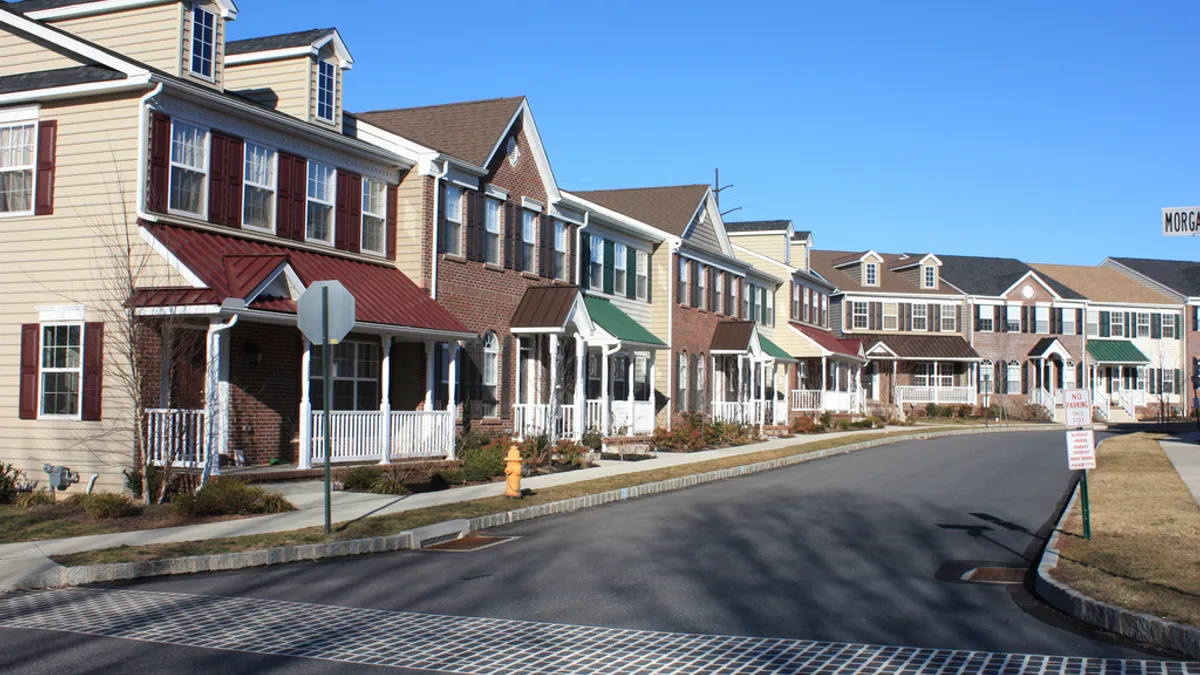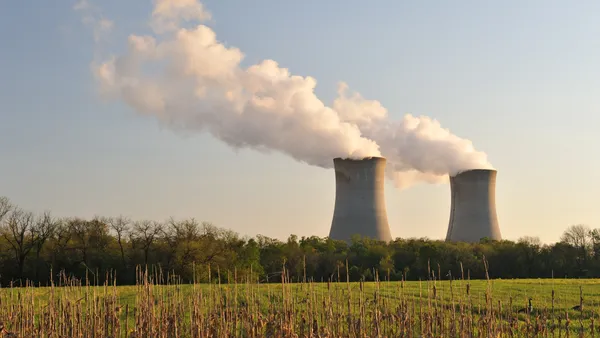Dive Brief:
- San Diego Gas & Electric told state regulators it intends to establish a separate investor-backed marketing division to address community choice aggregation issues, something it is restricted by law from doing with ratepayer funds, The San Diego Union-Tribune reports.
- Critics have decried the move as the utility moving to lobby against the Community Choice Aggregation mandate, while SDG&E's filing says it supports the CCA system, but also wants to advocate for its own sustainability efforts.
- California law allows community choice providers to establish rates that support their own power mix, while utilities receive a fee for distributing the power. San Francisco, in a bid to run on all-renewable energy, will start running its own choice program next year.
Dive Insight:
This latest argument over the Community Choice Aggregation mandate could be a multi-billion dollar fight, the San Diego Union-Tribune reports, with SDG&E up against environmental groups protesting the utility's move.
"They talk out of both sides of their mouth. On the one hand they say, 'Oh, we support the climate plan.' On the other hand, they're lobbying against it and trying to take away the right of local governments to take control over their energy future," Nicole Capretz, executive director of the San Diego-based Climate Action Campaign, told Public News Service. "They just proved that they're not neutral at all," she says.
SDG&E defended its move with a spokeswoman telling the San Diego Union-Tribune that “This isn’t about opposition of community choice aggregation ... It’s about making sure there’s a robust public discussion about what our energy future looks like.”
Capretz also talked to KPBS, saying: "What’s most offensive is that they're couching their proposal as that they're just trying to get more information out to the public. But the reality is they’re trying to influence the public and trying to influence our elected officials to make sure they don’t move forward with allowing there to be an alternative energy source for the community."
On Nov. 20, the utility sent a letter to California regulators announcing they would be forming a marketing arm in order to communicate on choice issues, which state law restricts it from doing with ratepayer funds. According to the utility, that inability to communicate creates a vacuum where healthy discussion with a utility partner is seen as opposition to choice.
"Moreover, this vacuum is often filled by information from CCA proponents who seem to believe that non-utility service is the only means by which to achieve a greener and more local energy supply, so that the attendant benefits (e.g., jobs) are captured to a greater extent by the local area," the utility said in its filing. "SDG&E understands the goal of such local efforts but does not believe that a CCA program is the only means to such an end."
The utility has asked regulators to approve its new marketing division effective Dec. 21.
The choice model is a growing issue in California and a concern for utilities. San Francisco's CleanPowerSF aggregation program will offer a 100% renewable option while supplying the power over a distribution system owned by Pacific Gas & Electric when it begins operating in January.















